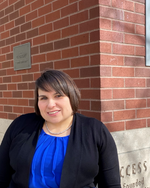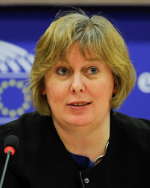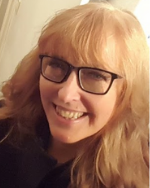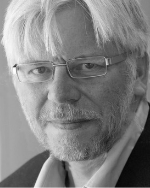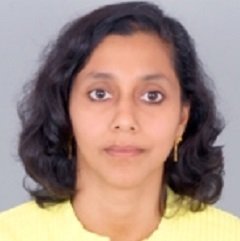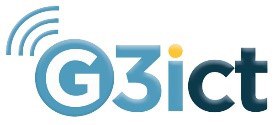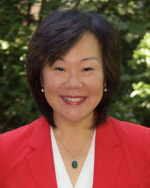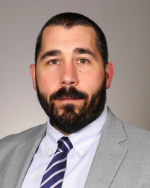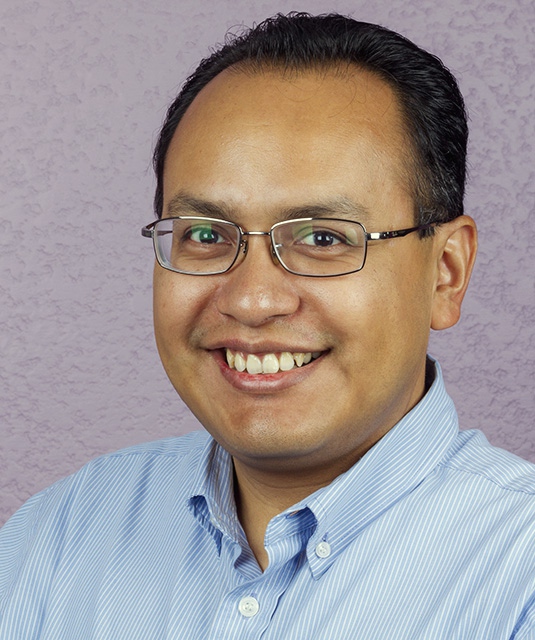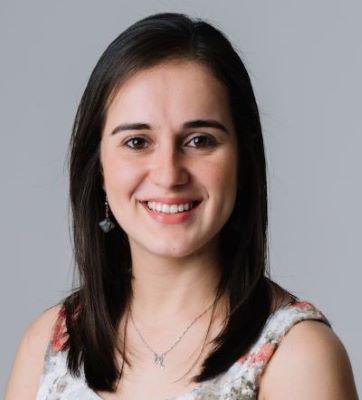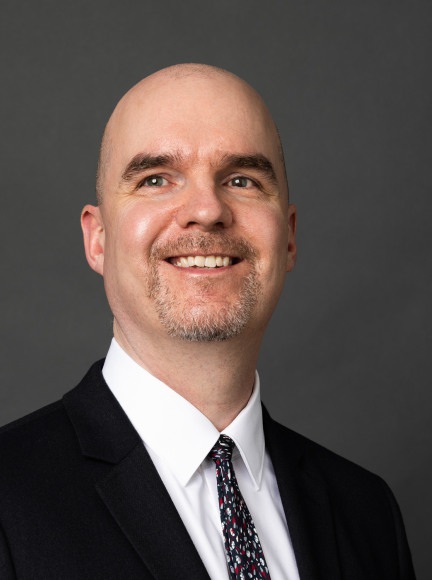Dr. Mohammed Ali Loutfy Advocates for Disability Inclusion at UN's Financing for Development Prep Session
Posted on December 03, 2024
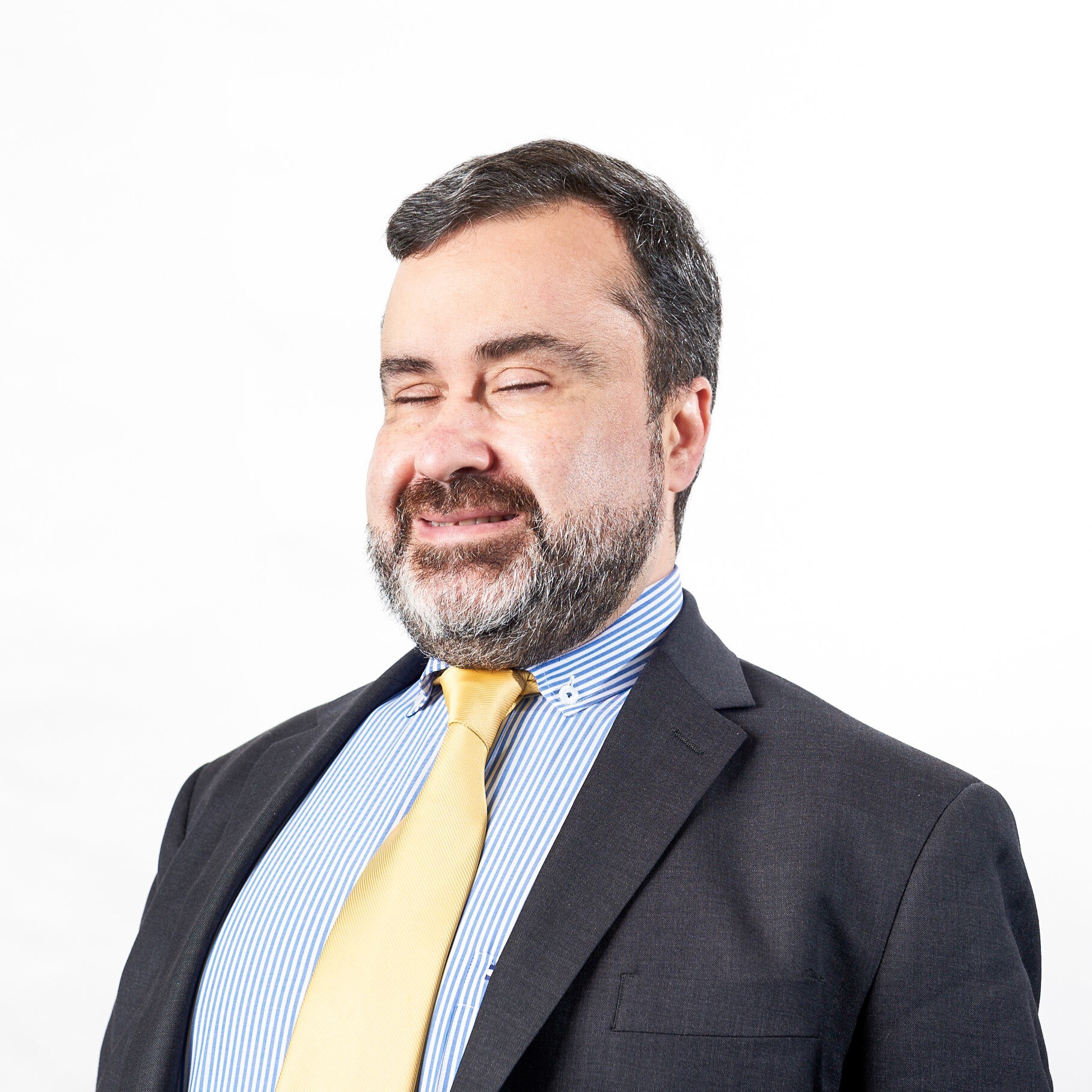
Director of Advocacy and Capacity Building, G3ict
Dr. Mohammed Ali Loutfy, Director for Capacity Building and Advocacy at G3ict, participated in the Second Preparatory Committee Session for the Fourth International Conference on Financing for Development (FfD4), held at the United Nations Headquarters in New York from December 3 to 6, 2024. As co-chair of the Stakeholder Group of Persons with Disabilities and Sustainable Development Agenda at the UN, Dr. Loutfy’s participation highlighted the critical intersection of disability inclusion and global development finance.
The session focused on science, technology, innovation, and financing for the Sustainable Development Goals (SDGs) and was an important part of preparations for the FfD4 conference, set to take place in Seville, Spain, in mid-2025. The FfD4 conference will address key financial challenges facing developing countries and propose solutions to accelerate the implementation of the SDGs. Dr. Loutfy’s intervention underscored the need for global financing solutions that are inclusive of persons with disabilities, ensuring they are not left behind in the development process.
Key Themes and Calls for Action
Dr. Loutfy's remarks focused on the urgent need to close the digital divide and promote inclusive digital infrastructure. He emphasized that bridging this gap is crucial for providing equal access to technology, particularly for marginalized groups such as persons with disabilities. He called for international collaboration on transparent and accountable digital infrastructure financing and highlighted the need for investments in satellite and local networks to ensure reliable internet access in remote areas.
He also stressed the importance of accessible, high-quality education systems that cater to diverse learners, including those with disabilities. Dr. Loutfy advocated for free, open, and inclusive digital education content and urged governments to enforce regulations that ensure education remains a public good accessible to all.
Additionally, Dr. Loutfy highlighted the need for South-South knowledge sharing in Science, Technology, and Innovation (STI) to support local solutions in developing and least-developed countries. He called for financing mechanisms that prioritize local innovations and provide direct access to global funds for capacity-building and technology development.
As the FfD4 conference approaches, Dr. Loutfy's advocacy for inclusive global financial systems is timely, underscoring the importance of ensuring marginalized groups, including persons with disabilities, are fully involved in discussions on financing for development.
Watch the Sessions on UN Web TV.
Dr. Loutfy’s Complete Statement:
"I am presenting on behalf of the Stakeholder Group of Persons with Disabilities and also represent the Civil Society FfD Mechanism.
The Fourth International Conference on Financing for Development is a crucial opportunity to strengthen science, technology, and innovation. We call for the following:
· In closing the digital divide in support of financing for development, we must ensure gender and disability inclusion, specifically, inclusive digital infrastructure and accessible procurement for marginalized groups, especially persons with disabilities. International collaboration and initiatives on digital infrastructure financing should be inclusive, transparent, and publicly accountable.
· We should invest in and deploy satellites and local network initiatives that provide safe and secure network coverage, including in hard-to-reach areas in support of the Global Digital Compact’s commitment.
· Education systems must ensure the right to education and provide free and open, accessible, inclusive, contextually relevant curricular and support high-quality digital education content. Governments must legislate and enforce effective regulatory measures for private sector providers to ensure the right to education and that education remains a public good.
· In strengthening technology transfer, knowledge sharing and capacity strengthening, we must promote South-South sharing in STI, enable and support local innovations that respond to actual needs of people, utilize local capacities and sustainably use resources, and support development of endogenous technologies, particularly in developing countries and LDCs.
· Ensure that new and emerging technologies do not lead to further depletion of resources and the destruction of the environment. Provide financing to local innovations including through direct access for communities to global and regional funds for STI and capacity building.
· Enhance collaboration among the STI Forum and other international platforms, including the establishment of an inclusive, transparent, participatory global mechanism at the UN for the evaluation of new and emerging technologies, inter alia artificial intelligence, and their actual and potential impacts on society, including on marginalized groups such as persons with disabilities, the economy, the environment, and the climate."




